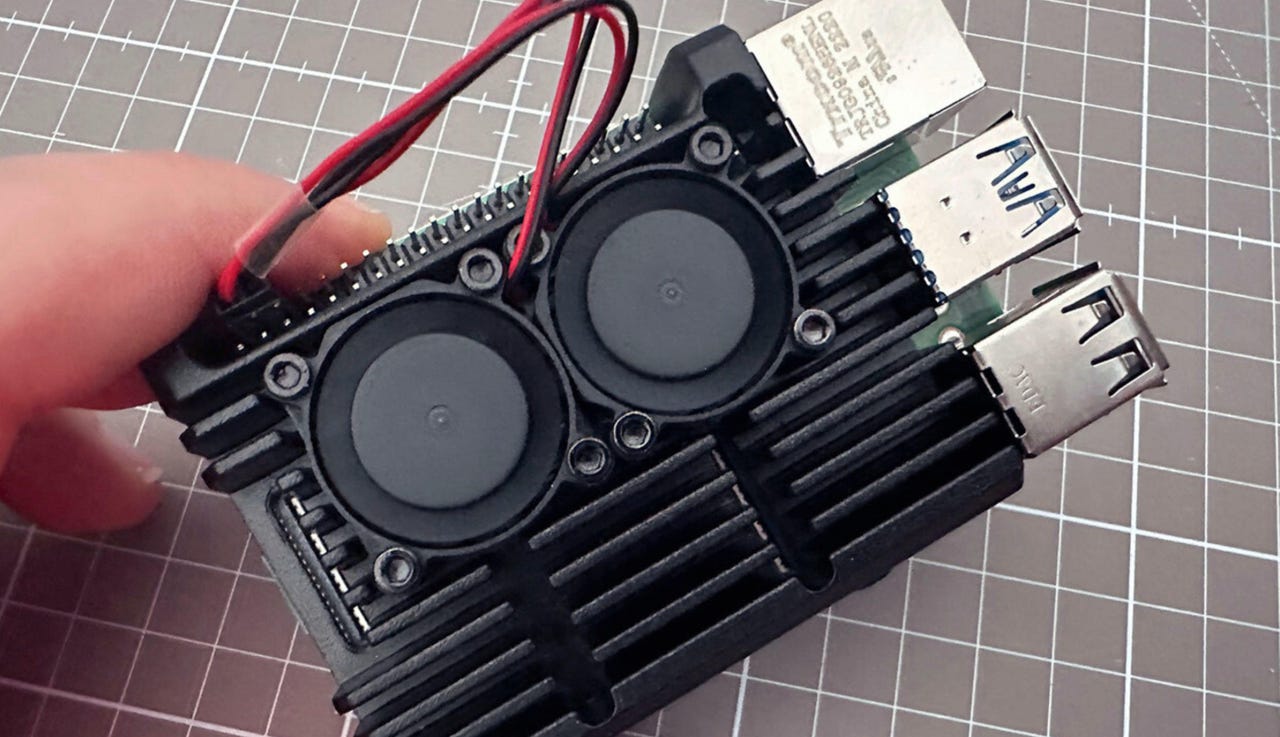
Follow ZDNET: Add us as a preferred source on Google.
ZDNET’s key takeaways
- Heartbeat data can be extracted from Wi-Fi CSI signals.
- Tested with ESP-32 modules and Raspberry Pi hardware.
- Accuracy reached 99.81% compared with medical methods.
Heart rate monitoring has been a mainstay of health and fitness, and while the stethoscope has given way to more precise electronic measuring devices, they’ve always involved wires and straps, or, in recent years, devices worn on the wrist or finger.
But what if there were a way to measure your heart rate wirelessly … using Wi-Fi?
Also: Internet running slow? 3 things I always check first for faster Wi-Fi speeds at home
This is exactly what researchers at the University of California have pulled off.
Non-intrusive, continuous monitoring system
Using the way Wi-Fi signals permeate the environment, they analyzed how a beating human heart affected the Channel State Information (CSI — part of the Wi-Fi signal that contains information about how the signal moves from the transmitter to the receiver).
They came up with a non-intrusive, continuous heart rate monitoring system called Pulse-Fi.
Also: I’ve tested the Apple Watch, Oura Ring, and other sleep trackers – 5 tips to get the best results
This was so interesting that I had to buy the paper to take a look, and it’s rather fascinating.
To verify their results, the group collected two datasets — one using two ESP-32 Wi-Fi modules, which retail for about $5, and another using the Raspberry Pi 4B, which costs about $30 to $50.
Also: The best Raspberry Pi alternatives of 2025: Expert recommended
The data collected using Wi-Fi was compared to data collected simultaneously using traditional methods.
After collecting the data — isolating the part of the CSI signal that relates to movements caused by a beating heart, removing environmental noise, applying a bandpass filter to target the 0.8 to 2.17 Hz range (corresponding to 48 to 130 beats per minute), and adding another filter to reduce noise while preserving signals needed — the data is crunched using a a low-compute Long Short Term Memory (LSTM) neural network, and a heartbeat is literally pulled out of the air.
But how accurate is Pulse-Fi?
Very accurate. The researchers found that using the ESP-32 modules, they could get an accuracy of 99.38%, or an error of 0.51 BPM compared to traditional heart rate measuring tech, and 99.81% when using the Raspberry Pi, an error of only 0.2 BPM.
That’s clinical-level accuracy.
Also: I replaced my Apple Watch with these heart-rate-monitoring earbuds from Beats (and they did some things better)
The increased accuracy of the Raspberry Pi is due to the Wi-Fi module having more subcarrier frequency channels than the ESP-32 module (234 compared to 64). And this accuracy requires only five seconds of data collection, using only off-the-shelf parts.
Is Pulse-Fi going to replace how heart data is collected?
Right now, probably not, but this opens up new possibilities in both medical and health fields.
